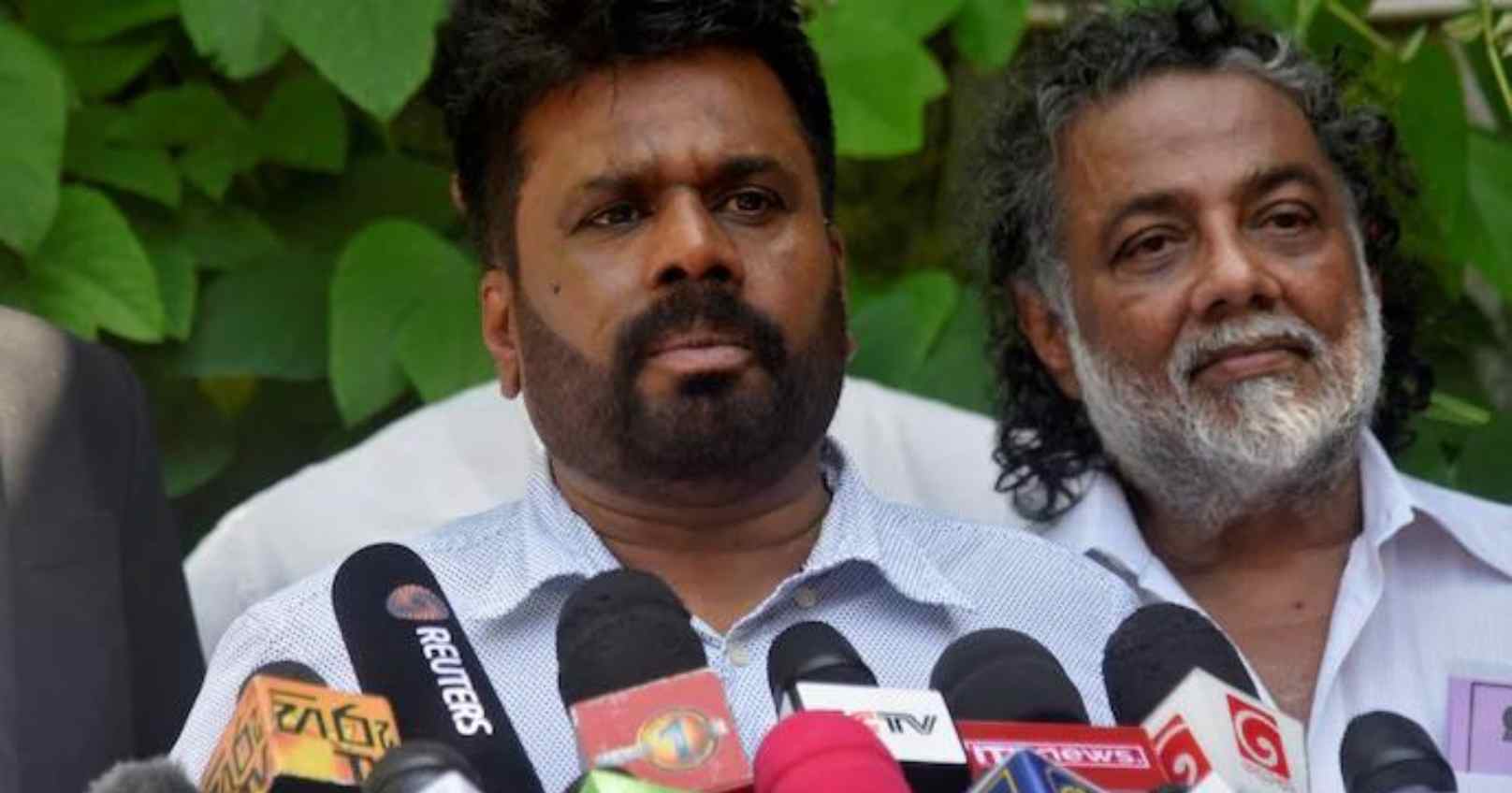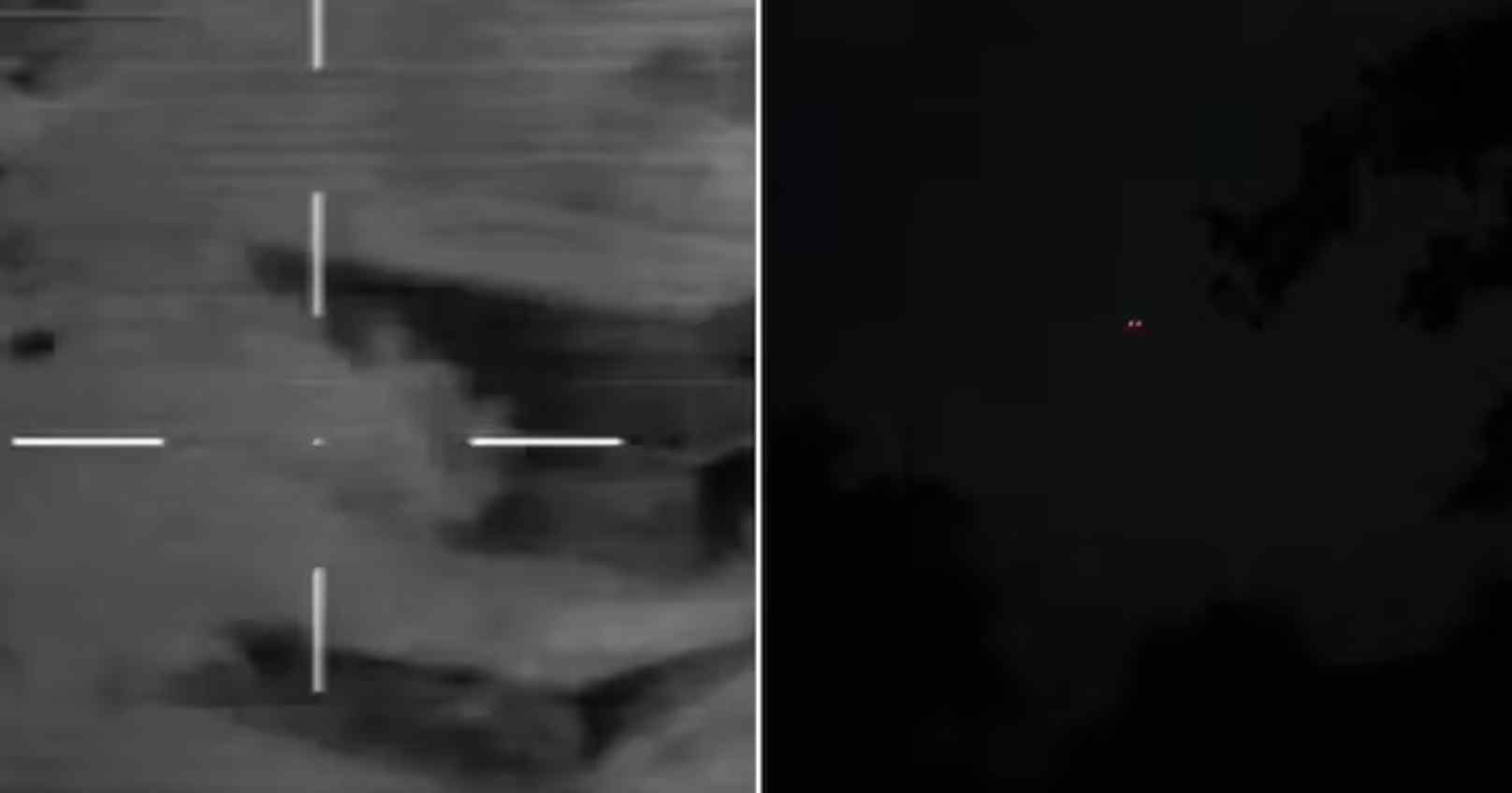Sri Lanka elected Anura Kumara Dissanayake, a leader with Marxist leanings, as its new President on Saturday, tasking him with tackling corruption and revitalizing the economy following the country’s worst financial crisis in decades.
Dissanayake, 56, declared his victory a "vote for change," marking the first presidential election since the island nation’s economic collapse in 2022. He emerged as the frontrunner, securing 5.6 million votes, or 42.3% of the total, a significant increase from the 3% he garnered in the 2019 elections. He defeated incumbent President Ranil Wickremesinghe and opposition leader Sajith Premadasa.
In a heartfelt message on social media, Dissanayake expressed gratitude to his supporters, emphasizing that the victory was a collective achievement. "The dream we have nurtured for centuries is finally coming true. This achievement is not the result of any single person’s work but the collective effort of hundreds of thousands of you," he wrote on 'X'. He added that the hope of the people motivates them to "rewrite Sri Lankan history."
The election also served as a referendum on Wickremesinghe’s leadership, who played a crucial role in guiding the nation through the financial crisis. However, the austerity measures that aided recovery ultimately hampered his re-election efforts, leaving him in third place with 17% of the votes.
Notably, this election marked the first instance in Sri Lankan history where a presidential election required a second round of counting, as no candidate achieved the necessary 50% of the votes for an outright win.







